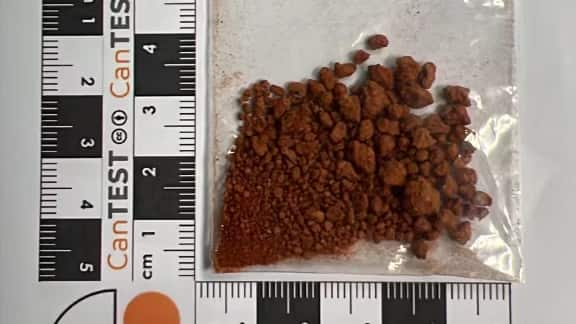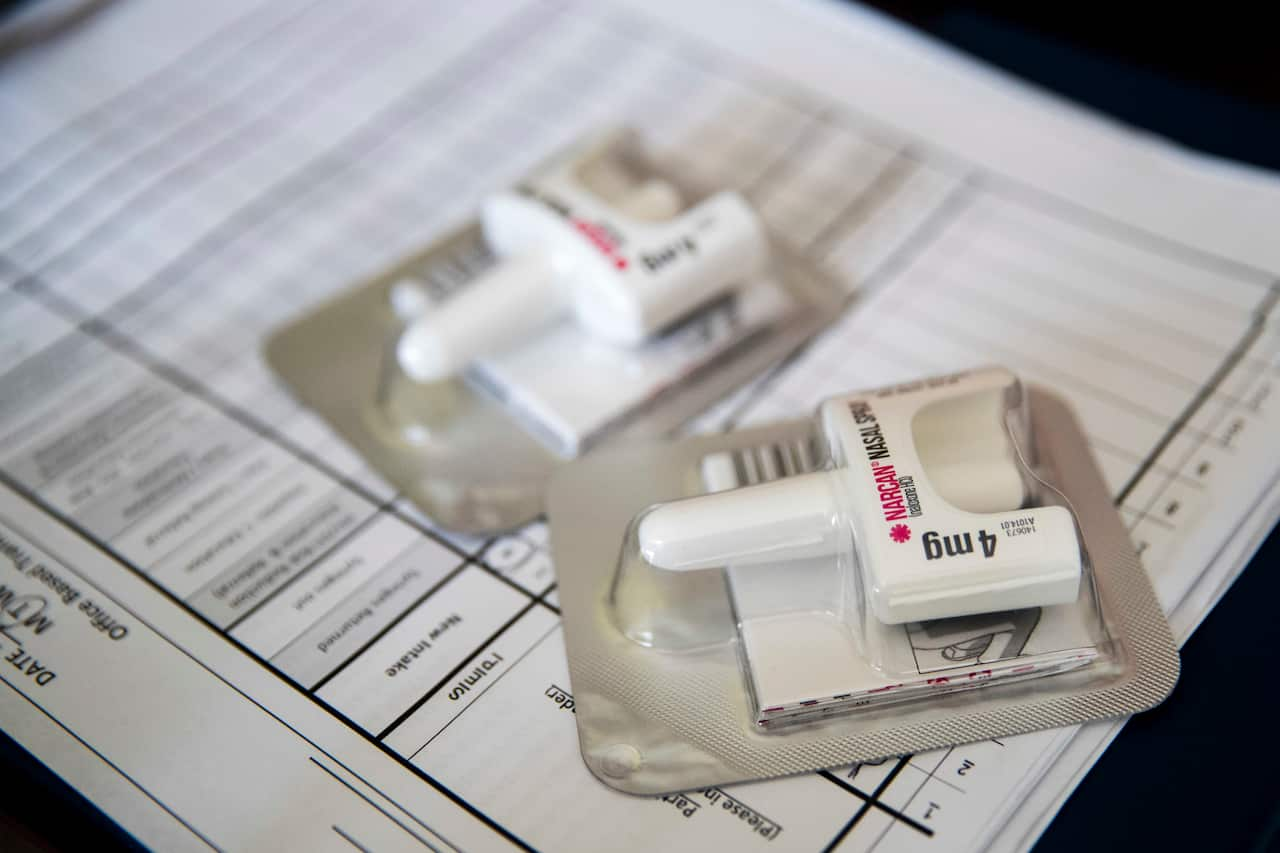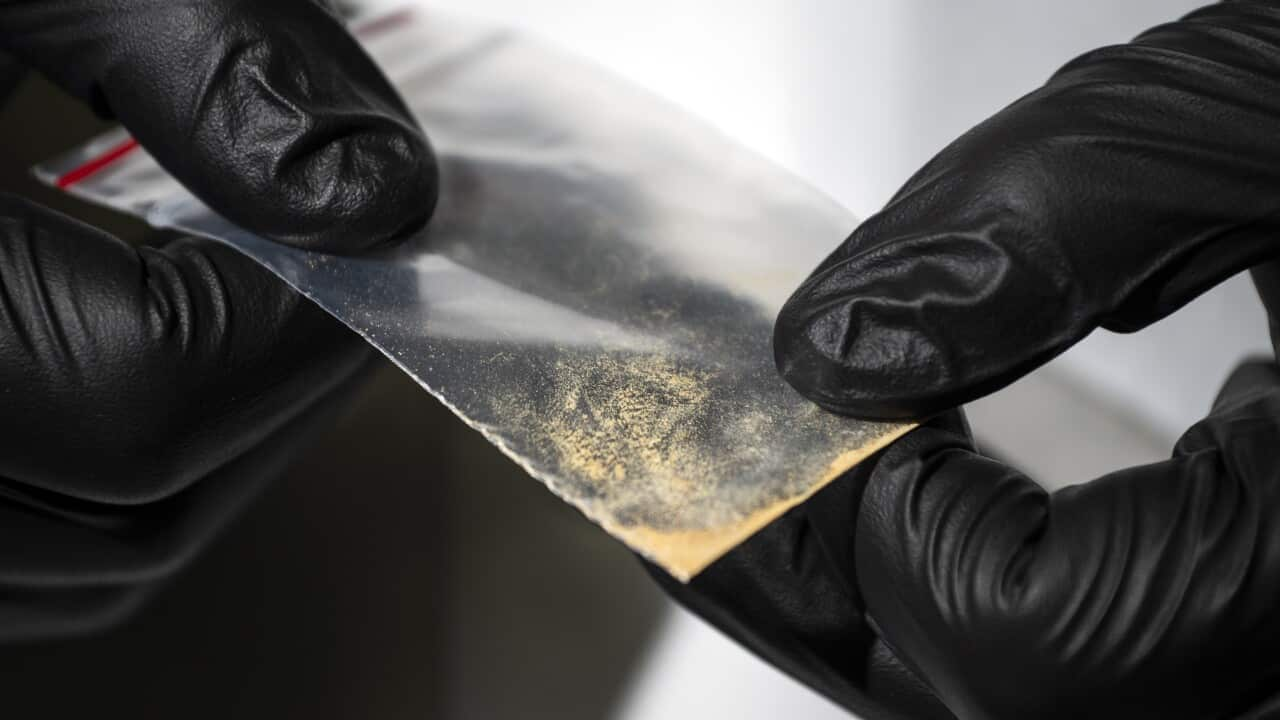Governments are underprepared for a ‘crisis’ of overdoses from synthetic opioids, according to public health experts, who are calling for urgent action.
Nitazenes, , are causing concern among public health bodies after being detected in a range of illicit drugs and causing multiple hospitalisations and deaths in the past year.
Experts are now calling for more urgent action to raise public awareness about the risks of nitazenes, as well as and ensuring is widely available.
The Alcohol and Drug Foundation (ADF) has called for government action on synthetic opioids ahead of International Overdose Awareness Day on 31 August.
ADF chief executive officer Dr Erin Lalor said the threat of nitazenes is increasing across Australia.
“Concerningly, synthetic opioids are being detected increasingly across Australia, meaning anyone taking illicit or unregulated drugs could be at risk of harm,” she said.
What are nitazenes?
Nitazenes are a group of synthetic opioids first developed in the 1950s by a Swiss pharmaceutical company for pain relief.
But they never reached the pharmaceutical market due to the risks associated with their extremely high potency.
Nitazenes vary in potency but they can be up to 1,000 times more potent than morphine.
Expert bodies believe nitazenes became increasingly popular around the world following the Taliban’s crackdown on opium poppy production in Afghanistan.
They come in many forms, including powders, tablets, and vape liquids.
Pill testing service CanTEST issued a red alert after finding nitazenes in a granular brown powder that resembled instant coffee powder. Credit: CanTest
Nitazenes have been found in recreational drugs in Australia, such as cocaine, MDMA (ecstasy), and ketamine. They can also be cut into illicit vapes and counterfeit medications, putting anyone who uses drugs at risk of overdose.
In January 2023, Canberra’s pill testing service CanTEST issued its first ‘red alert’ after discovering a type of nitazene in a pill that was being sold as the pharmaceutical drug oxycodone.
In May this year, CanTEST issued another red alert after finding nitazenes in a granular brown powder that resembled instant coffee powder.
Overdoses and deaths
Overdoses and deaths have led to public drug alerts being issued in the ACT, NSW, Queensland, South Australia, and Victoria in recent years.
Following three hospitalisations from nitazene overdoses in NSW in January, the drug and alcohol reduction program DanceWize NSW issued an alert regarding a pill that was being sold as MDMA pressed with a Red Bull logo.
In April, NSW Health issued a warning after a cluster of 20 overdoses was reported in Nepean Blue Mountains Local Health District, where nitazenes were found in people who thought they were using heroin.
And in July, Victoria’s Department of Health issued a warning that a powder being sold as cocaine actually contained nitazene.
Dr Amanda Roxburgh, an alcohol and drug researcher from the Burnet Institute and research fellow with the National Health and Medical Research Council, said coronial processes can make it difficult to find up-to-date numbers of deaths caused by nitazenes.
Victorian authorities said there had been at least 16 deaths involving nitazenes since 2021, but Roxburgh said these numbers would “obviously” be higher across Australia.
“We’re not talking huge numbers, but we’re starting to see the harms related to nitazenes appearing in some of those kinds of earlier warning systems, if you like, where people are turning up to emergency departments,” Roxburgh said.
Roxburgh said the appearance of nitazenes in non-opioid illicit substances such as cocaine and MDMA was particularly concerning because many people taking those drugs would not have had exposure to opioids before.
How should healthcare systems respond?
Responding to dozens of deaths caused by nitazenes in NSW, independent MPs and healthcare organisations launched a synthetic opioids preparedness plan this week.
The plan calls on the NSW government to increase community awareness of nitazenes and establish publicly accessible drug testing services.
Dr Marguerite Tracy from the Royal Australian College of General Practitioners, which supports the plan, said that while there may be some apprehension about expanding drug testing services, there is no evidence these programs increase drug use.
“We know that substances in many forms are used in the community and that the safest way possible is always best,” she said.
Experts are calling for increased accessibility to naloxone. Source: AP, AAP / Mary Altaffer
The Minns government has committed to hosting a drug summit in October.
But Dr Will Tregoning, CEO of Unharm, a movement aiming to make drug use legal and safe in Australia, said the government needs to act faster.
“NSW is on the brink of an unprecedented overdose crisis and Chris Minns needs to act now,” he said.
“Lives are at risk right now. We can’t wait months for the Drug Summit before taking action. The cost of inaction will be measured in human lives.”
Experts are also calling for increased accessibility to nalaxone, a drug that can temporarily reverse the effects of an opioid overdose.
Roxburgh said that while naloxone is available from some pharmacies and through some harm reduction services, it should be made more widely available.
“I think particularly for the groups that don’t use opioids on a regular basis or who have no exposure to opioids, I think it would be really great to start trying to get them access to naloxone or even having naloxone available at events like dance events,” she said.
Roxburgh said the naloxone should be made “readily accessible to anyone” and be carried by all emergency responders.
While Western Australian police officers carry naloxone, officers in other jurisdictions do not.
To access free and confidential advice about alcohol and other drugs, phone the National Alcohol and Other Drug Hotline on 1800 250 015.



kadıköy elektrikçi SEO çalışmaları, Google’da üst sıralara çıkmamıza yardımcı oldu. https://www.royalelektrik.com/